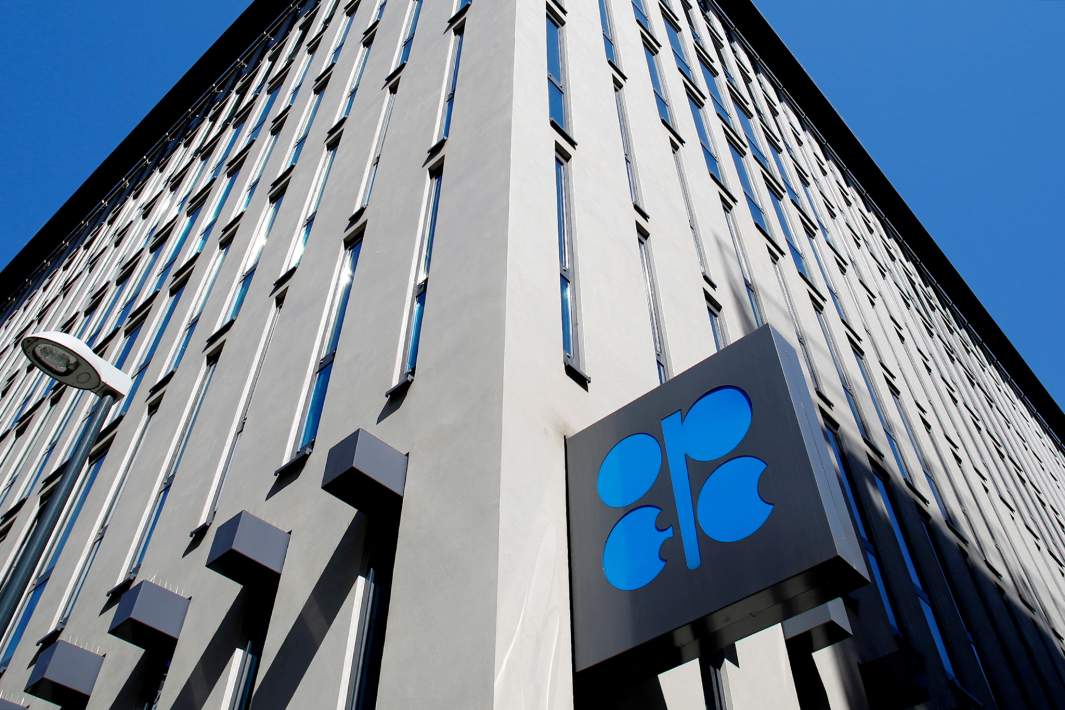
Saudi Aramco unexpectedly abandoned plans to sharply increase oil production
By Rhod Mackenzie
The largest oil company on the planet seems to have revised its oil demand forecast. Based on this sudden 180-degree turn, there have been significant changes in Saudi Aramco's long-term policy. The company, to everyone's surprise, including those in Saudi Arabia, has abandoned plans to increase production. Currently, Aramco's capacity is 12 million barrels per day, but due to a recent significant reduction in production, only about 9 million barrels are produced. It is surprising that the company refused to increase production, especially considering that in November of last year, they reported that their program to increase production to 13 million barrels per day by 2027 was progressing well. The increase in demand for oil in China and India was cited as a reason for the production increase in Riyadh. Updated spending figures for Aramco will be available in March when financial data becomes available.
Vandana Hari, founder and owner of Vanda Insights, commented that the kingdom has revised down the forecast for global oil demand growth in the coming years. This statement is seen as an obvious sign.
Saudi Arabia is not only a major oil producer but also has the unique ability to adjust production levels quickly. However, maintaining unused oil production capacity is costly, especially as the world transitions to renewable energy sources.
Despite this, oil remains the foundation of the KSA economy. However, Riyadh is endeavouring to diversify its economy and is rapidly developing its gas, renewable energy and chemical industries. These sectors are likely to receive some of the funds saved from the abandoned plans. Additionally, the KSA government is anticipating revenue from Aramco. The oil company's dividends benefit Crown Prince Mohammed Salman, who requires funding for large projects such as the futuristic city of Neom, as well as for purchasing football stars, works of art, and more.
Technically, the oil market does not require the Arabian 13 million barrels per day, as OPEC members have significant reserves for increasing production. However, under pressure from Riyadh, they agreed to a voluntary reduction in production.
The renowned analyst Amrita Sen, who heads the research department of the consulting company Energy Aspects Ltd, poses the question: how long will Aramco maintain its current level of oil production?
Additionally, Aramco anticipates a 1 million barrel per day increase in oil exports by 2030 due to the kingdom's ban on burning oil for electricity generation.
